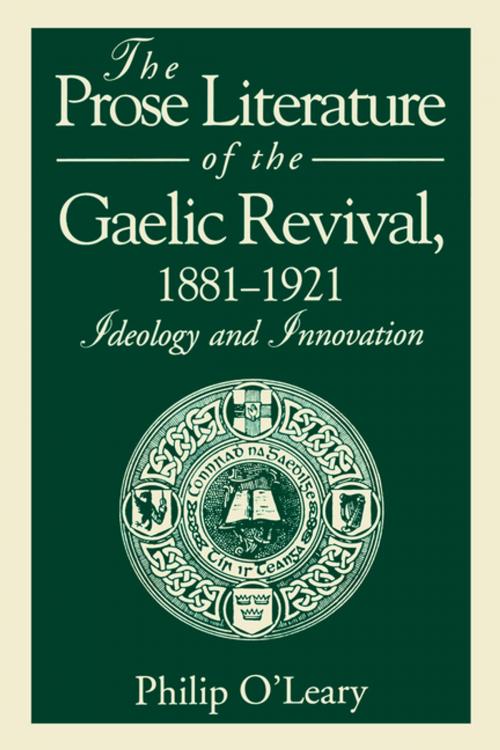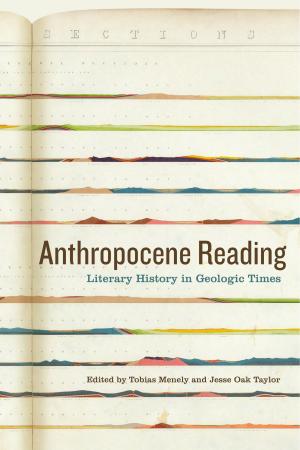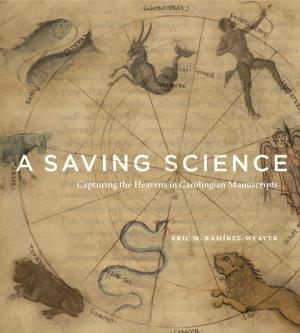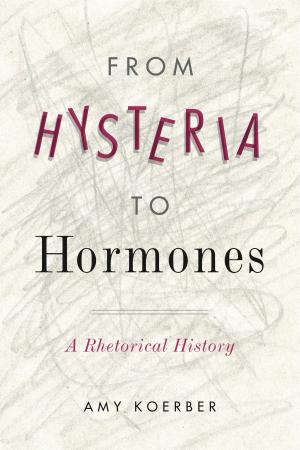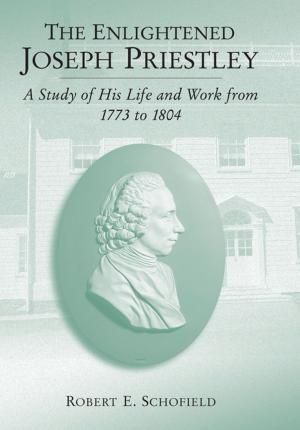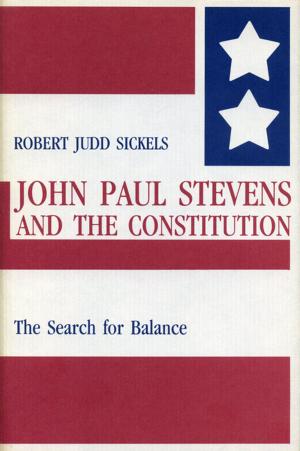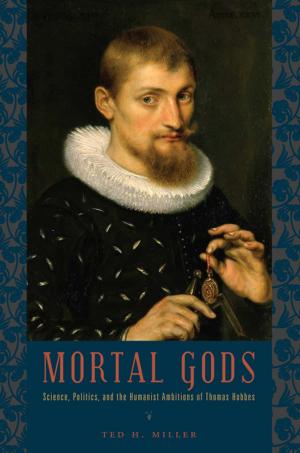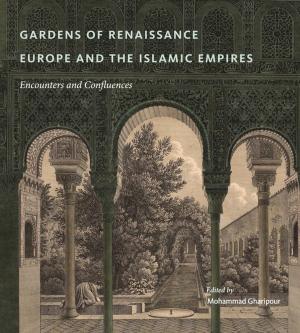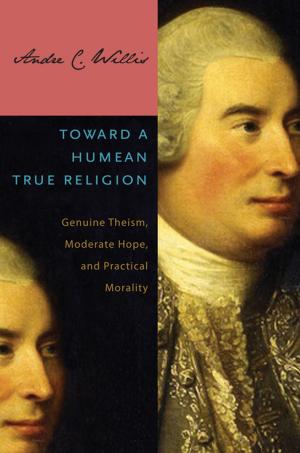The Prose Literature of the Gaelic Revival, 1881–1921
Ideology and Innovation
Nonfiction, History, Ireland, Fiction & Literature, Literary Theory & Criticism, British, Theory| Author: | Philip O'Leary | ISBN: | 9780271076300 |
| Publisher: | Penn State University Press | Publication: | May 18, 1994 |
| Imprint: | Penn State University Press | Language: | English |
| Author: | Philip O'Leary |
| ISBN: | 9780271076300 |
| Publisher: | Penn State University Press |
| Publication: | May 18, 1994 |
| Imprint: | Penn State University Press |
| Language: | English |
The Gaelic Revival has long fascinated scholars of political history, nationalism, literature, and theater history, yet studies of the period have neglected a significant dimension of Ireland's evolution into nationhood: the cultural crusades mounted by those who believed in the centrality of the Irish language to the emergent Irish state.
This book attempts to remedy that deficiency and to present the lively debates within the language movement in their full complexity, citing documents such as editorials, columns, speeches, letters, and literary works that were influential at the time but all too often were published only in Irish or were difficult to access. Cautiously employing the terms "nativist" and "progressive" for the turnings inward and toward the European continent manifested in different authors, this study examines the strengths and weaknesses of contrasting positions on the major issues confronting the language movement. Moving from the early collecting or retelling of folklore through the search for heroes in early Irish history to the reworking of ancient Irish literary materials by retelling it in modern vernacular Irish, O'Leary addresses the many debates and questions concerning Irish writing of the period. His study is a model for inquiries into the kind of linguistic-literary movement that arises during intense nationalism.
The Gaelic Revival has long fascinated scholars of political history, nationalism, literature, and theater history, yet studies of the period have neglected a significant dimension of Ireland's evolution into nationhood: the cultural crusades mounted by those who believed in the centrality of the Irish language to the emergent Irish state.
This book attempts to remedy that deficiency and to present the lively debates within the language movement in their full complexity, citing documents such as editorials, columns, speeches, letters, and literary works that were influential at the time but all too often were published only in Irish or were difficult to access. Cautiously employing the terms "nativist" and "progressive" for the turnings inward and toward the European continent manifested in different authors, this study examines the strengths and weaknesses of contrasting positions on the major issues confronting the language movement. Moving from the early collecting or retelling of folklore through the search for heroes in early Irish history to the reworking of ancient Irish literary materials by retelling it in modern vernacular Irish, O'Leary addresses the many debates and questions concerning Irish writing of the period. His study is a model for inquiries into the kind of linguistic-literary movement that arises during intense nationalism.
